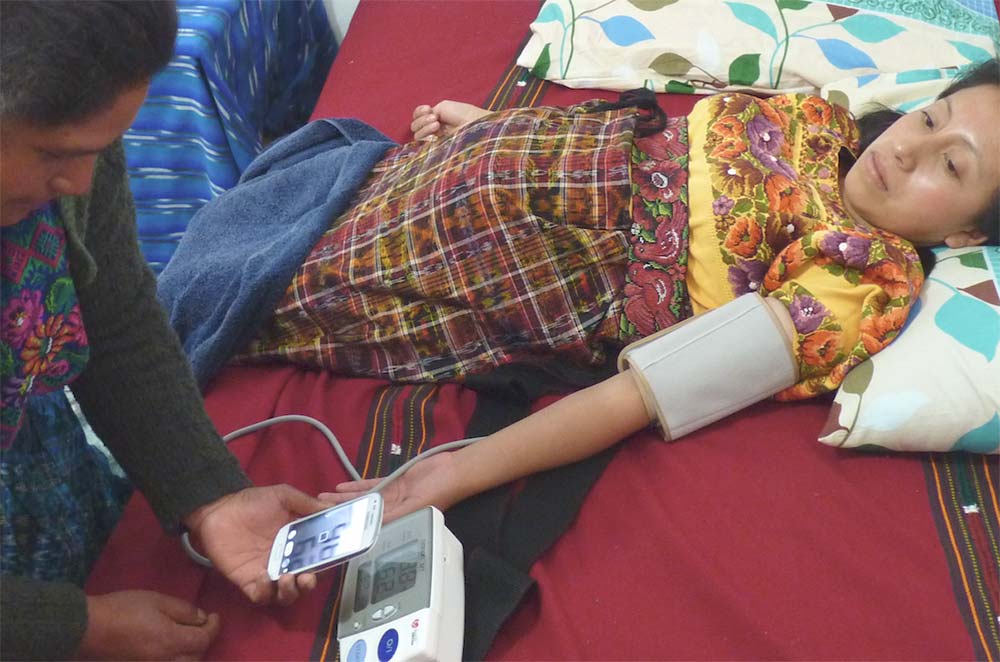The married team of Gari Clifford and Rachel Hall-Clifford broke new ground when they began to create advanced healthcare technologies in partnership with the people using them.
For many years, Clifford, a biomedical engineer and professor of biomedical informatics, and Hall-Clifford, an anthropologist and associate professor of sociology and global health, have been working together with Indigenous Mayan midwives in Guatemala to pioneer low-cost, AI-based devices that can be used to address a range of problems for pregnant women and babies.
About half of Indigenous Mayan women deliver at home with the help of midwives who have few resources to screen for complications. Clifford, who trained in physics and engineering, spent more than a decade working with Hall-Clifford and Indigenous populations — listening, gathering data and searching for technological improvements that would make a meaningful difference in the lives of patients.
Using this co-design approach, the team developed an AI algorithm accurate enough to identify fetal growth restrictions, using an inexpensive device plugged into a low-cost smartphone. The tool allowed the midwives to spot and record abnormalities in pregnant women.
But as much as these technologies can help, Clifford and Hall-Clifford warn of the broader issues of exporting advanced technologies like AI from the high-income countries that created them to resource-poor countries, without working to adapt them to local cultures. They recently elaborated on their concerns in this Q&A.



